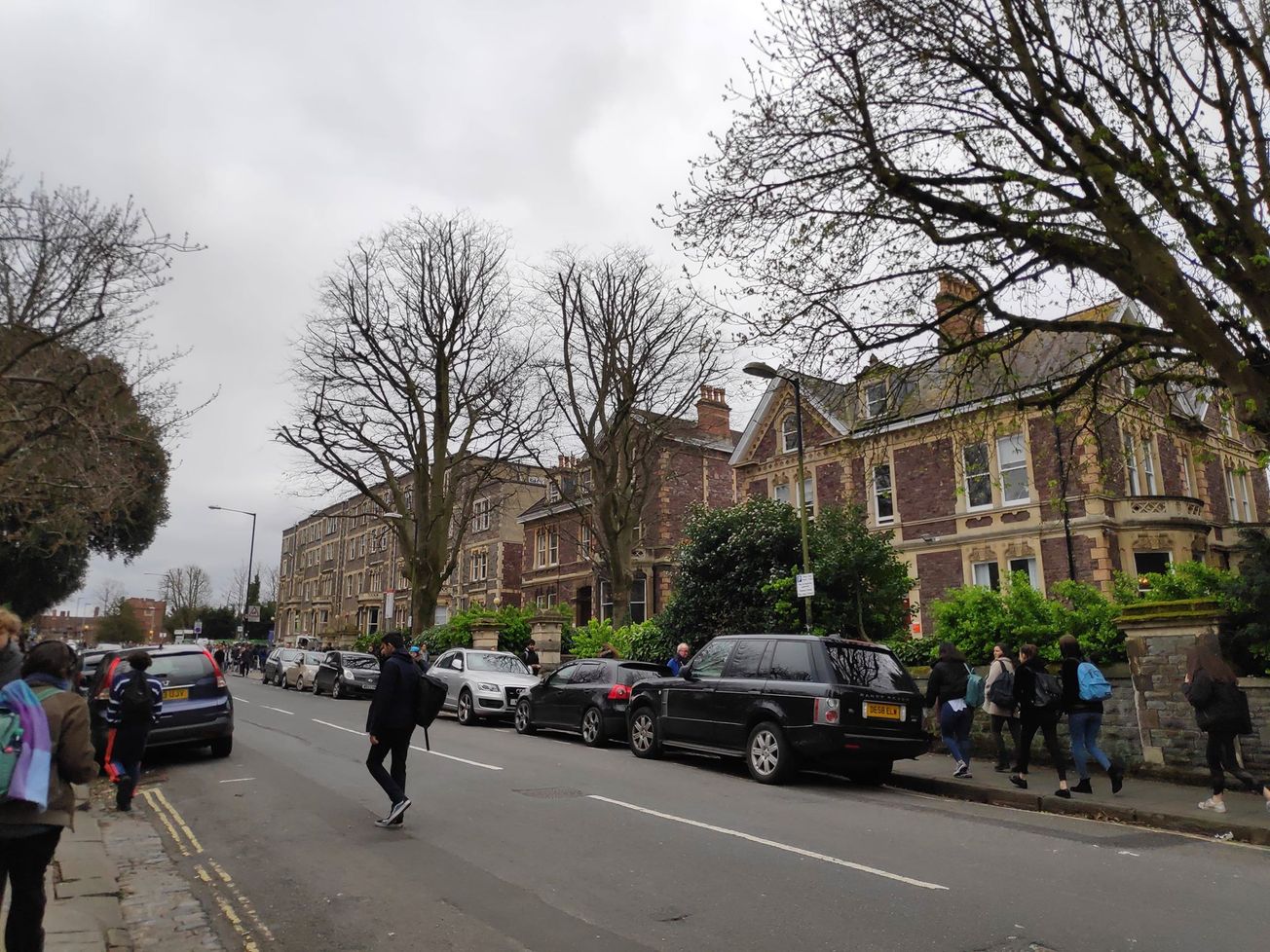Epigram is an independent and neutral newspaper, aiming to publish opinions from across the student body. To respond with an opposing opinion, please contact comment.epigram@gmail.com or join our Facebook writers' group.
By Robin Connolly, First Year History
Flyering may seem useful in an internet-age where we are bombarded with advertisements. But it is more annoying than inspiring, and is also environmentally problematic.
It should not annoy me, but it does. And I cannot quite put my finger on why.
There is something slightly frustrating about being accosted, while minding your own business on campus, by a twenty-something year old brandishing a piece of paper advertising a religious, political or business-related campaign.
In the past couple of weeks, especially while the weather was dry, this was almost a daily occurrence along Woodland Road and Tyndall Avenue.
But is this merely an annoying example of student advertising, or is it an expression of freedom of speech that needs to be protected, if not encouraged?
The first, most obvious problem with this practise that needs to be pointed out is the waste and environmental problems that it causes.
I, for certain have been known to discard such advertising in the closest bin on receipt of it.
During the campaign for Woodlands Church’s ‘What If?’ lunch time talks, I was witness to very many people abandoning their red pamphlets in hedges, on the floor and in other convenient hidey holes.
During an age of such environmental awareness, it feels wrong that people are wasting massive amounts of paper and facilitating littering. While organisations should be granted an avenue for advertisement, they really need to find a more environmentally friendly way of doing so.
However, I do also appreciate that a side effect of our generation’s obsession with the internet is that so much information can get lost in the masses or be easily ignored.
During an age of such environmental awareness, it feels wrong that people are wasting massive amounts of paper and facilitating littering.
It must be difficult for example, in the case of students launching start-up apps, to gain the web-based platform necessary to get your name out there. In our day-to-day lives, we have become so accustomed to internet-style advertising and political rhetoric that we can pretty much screen it out of our consciousness. Plus, finding spaces on popular social media is very expensive when on a tight budget.
Perhaps this sense of ‘invisibility’ on popular social media sites justifies leafleting on campus.
On first thought, I was highly sceptical about how successful these campaigns truly are, but one fellow student reported to me that having gone to the ‘what if the world has a problem we can’t fix?’ talk at Woodlands Church, that the large hall was 'packed'.
Flyer for the @peoplesvote_uk March this Sat! @BristolUni students leggo pic.twitter.com/eWzaYPeIhi
— Sally Patterson (@salpatz) March 18, 2019
This could suggest that at least a significant minority of students who were handed a leaflet genuinely took in the information and even acted upon it. Maybe, therefore, it is a relevant and useful way of spreading information to students after all?
It is difficult to deny the fact that when a flier is accompanied by a free snack of some kind- perhaps a flapjack bite, or free coffee- that it suddenly becomes more tempting, and the small talk with whoever is handing it out becomes worth it.
Part of me wants to say that these campaigns are the more successful ones, drawing in our poverty-stricken student population. Or maybe I have underestimated students, and we genuinely are more switched-on and interested in the world around us than we are so often portrayed as being.
There is currently a university-wide debate about freedom of speech and whether it is being fully accommodated here at Bristol. In such an environment it seems wrong to criticise leafleting.
Yet, I am also unable deny that I, personally, find it rather irritating, and have not yet been inspired enough to join in with the campaigns being presented.
Those campaigns which I have involved myself in, I heard about through other sources. I am only one example, but I am sure others feel the same.
Featured image: Epigram/Ffion ClarkeWhat do you think? Let Epigram know!
Twitter // Epigram Comment // Facebook









